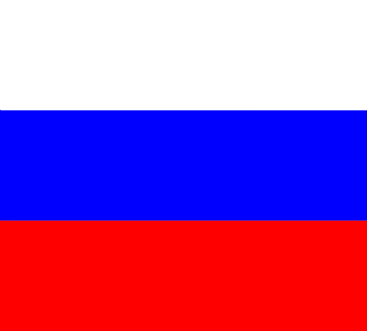Mr. President, last Friday, May 12, marked the 30th anniversary of the oldest active Russian human rights organization, the Moscow Helsinki Group.
The creation of the Moscow Helsinki Group was announced on May 12, 1976, at a press conference called by Academician Andrei Sakharov, who later won the Nobel Peace Prize for his defense of human rights and his commitment to world peace. Formally named the “Public Group to Assist in the Implementation of the Helsinki Final Act in the USSR,” its members sought to monitor the Soviet Government’s implementation of the historic Helsinki Accords.
At the initiative of Professor Yuri Orlov, a physicist by profession and a veteran human rights activist, the group joined together 11 committed individuals to collect and publicize information on Soviet violations of the human rights provisions enshrined in the Helsinki Accords. The group monitored fundamental rights and freedoms, including freedom of movement and freedom of religion, as well as the basic rights of minorities.
The group documented evidence of systemic human rights abuses and provided reports of Helsinki violations to the Presidium of the Supreme Soviet and the embassies of Helsinki signatory countries in Moscow. Additionally, these reports were widely distributed to Western correspondents. All together, the Moscow Helsinki Group published 195 numbered reports, along with numerous other documents, some of the cooperative initiatives with other human rights organizations. These reports played a critical role in documenting the Soviet Union’s failure to adhere to many of its Helsinki commitments.
The example set by the Moscow Helsinki Group inspired human rights activists elsewhere in the USSR. Helsinki monitoring groups were founded in Ukraine, Lithuania, Georgia, and Armenia, and affiliated groups were also established to combat psychiatric abuse for political purposes and to defend religious liberty in Lithuania. As time went on, more brave individuals joined the Moscow Helsinki Group in its pursuit of truth and accountability.
However, regrettably, the Soviet Government had no intention of tolerating the “assistance” provided by the Moscow Helsinki Group in monitoring the Soviet Union’s adherence to Helsinki commitments. The state-controlled Soviet press launched a campaign of slander against the group. By early 1977, the group’s founders, Dr. Yuri Orlov and Alexander Ginzburg, a longtime activist who had earlier produced the celebrated ‘‘White Book’’ on the trial of writers Andrei Sinyavsky and Yuli Daniel, had been arrested on political charges. Cyberneticist Anatoly “Natan” Sharansky and retired geologist Malva Landa were arrested shortly thereafter. Orlov was sentenced to 7 years in a labor camp and 5 years in internal exile. Ginzburg received 8 years labor camp and 3 years internal exile. Sharansky was sentenced to a total of 13 years in labor camp and prison, and Landa received 2 years internal exile.
Other members followed this path into the “Gulag” or were forced to emigrate. By 1981, KGB pressure had left only three members of the Moscow Helsinki Group at liberty in the Soviet Union, and they were forced to announce the “suspension” of their work. In 1984, one of those three, Dr. Elena Bonner, joined her husband, Dr. Sakharov, in forced internal exile in the closed city of Gorky.
Tragically, in December 1986, just as the Soviet political system was showing the signs of the exhaustion that would eventually lead to its collapse, Moscow Helsinki Group member Anatoly Marchenko died during a hunger strike at Chistopol Prison. Just over 2 months later, hundreds of known political and religious prisoners were freed from the Soviet prison system.
With the advent of Glasnost, the Moscow Helsinki Group was formally reestablished in July 1989 by a handful of Helsinki veterans, and several new members joined their cause. Today, the Moscow Helsinki Group continues to work to defend human rights in post-Soviet Russia. And while there have been dramatic changes in Russia since the collapse of the Soviet Union, the lure of authoritarianism still has a strong appeal for some in today’s Russia.
Mr. President, on the occasion of its 30th anniversary, I congratulate the members and former members of the Moscow Helsinki Group, many of whom, sadly, are no longer with us, for their courage and fortitude in the struggle against tyranny. I wish the group continued success as they work to advance democracy, defend human rights, and promote a vigorous civil society.


